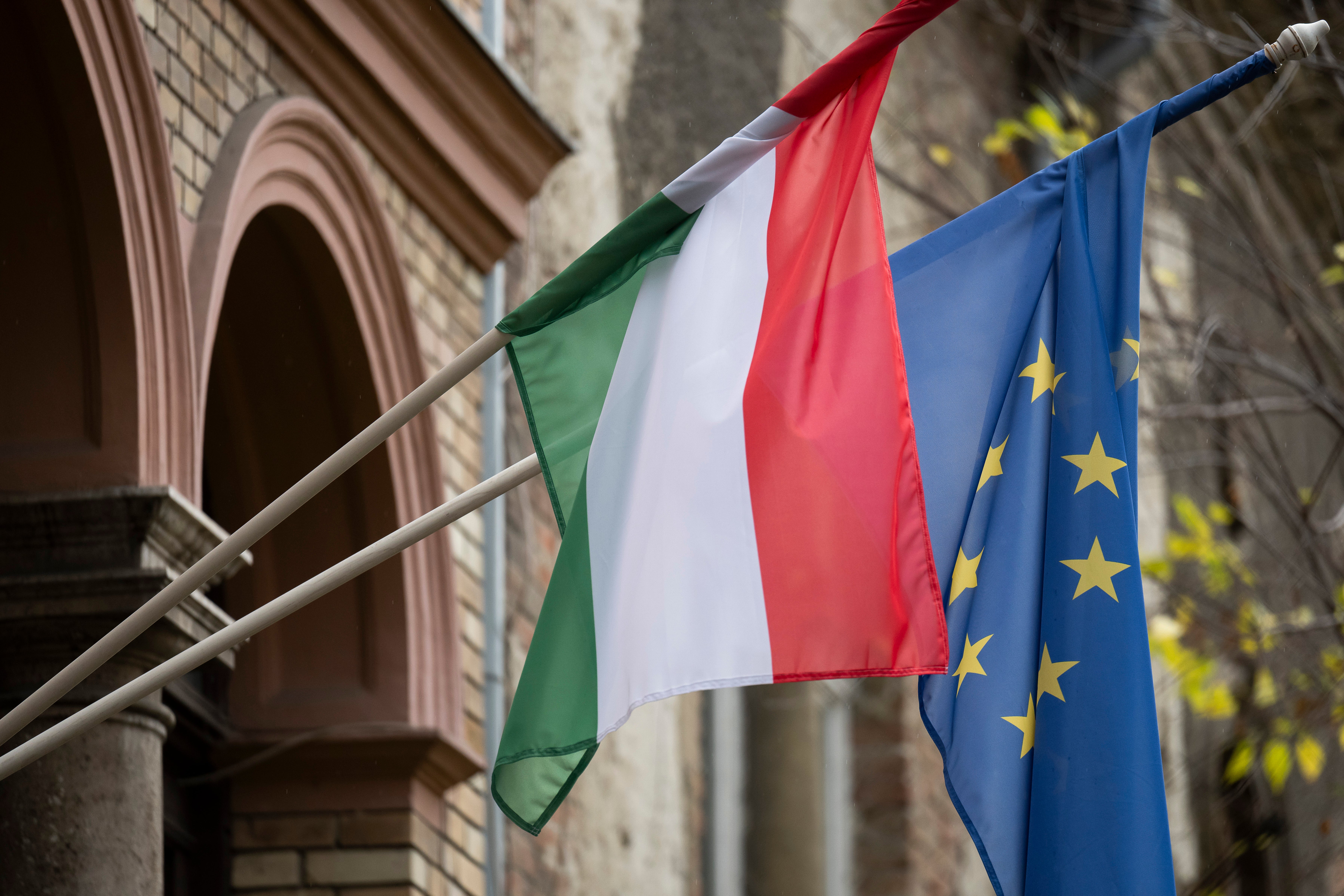Pressure mounts on Hungary to unblock EU membership talks and funds for Ukraine
Pressure is mounting on Hungary not to veto the start of European Union membership talks and the supply of economic aid to Ukraine at a pivotal EU summit this week

Pressure mounted on Hungary on Monday not to veto the opening of European Union membership talks and the supply of economic aid to war-torn Ukraine at a pivotal EU summit this week, after Prime Minister Viktor Orban demanded that the issue be struck from the agenda.
With tens of billions of dollars in military and economic assistance blocked by Senate Republicans in the United States, Ukraine is desperate to ensure longer-term financial and military assistance as fighting in its almost 2-year war with Russia bogs down.
In a draft of the summit statement seen by The Associated Press, the EU’s leaders will decide to open accession negotiations with Ukraine. But Orban insists that a “strategic discussion” is needed, given the stalemate on the battlefield and uncertainty about U.S. leadership after elections next year.
“I hope that the European unity will not be broken because this is not the moment to weaken our support to Ukraine. Just the contrary, this is the moment to increase it,” EU foreign policy chief Josep Borrell told reporters in Brussels, where he chaired a meeting of the bloc’s foreign ministers.
Decisions on EU enlargement, which also concern Bosnia, Georgia, Moldova this week, and a review of the bloc’s long-term budget that includes 50 billion euros ($54.1 billion) in aid for Kyiv, can only be taken unanimously by all 27 member countries.
Hungary relies on Russia for some of its energy supplies, and Orban is seen as President Vladimir Putin’s strongest ally in Europe. The government in Budapest has routinely blocked work on sanctions against Moscow linked to the war.
In a letter to European Council President Charles Michel, who will chair the two-day summit starting on Thursday, Orban warned that forcing a decision on Ukraine could destroy EU unity. Other government leaders, ministers and EU officials admit to being perplexed about what Orban wants.
“The only way I can read the Hungarian position, not just on Ukraine but on many other issues, is that they are against Europe and everything Europe stands for,” Lithuanian Foreign Minister Gabrielius Landsbergis said.
Landsbergis said that he hopes reason will prevail, “if not, dark times can lie ahead.”
His Finnish counterpart, Elina Valtonen, lamented that “the position of Hungary has indeed been very, very deplorable over the course of the past months. It is crucial that we keep on aiding Ukraine for as long as it’s needed.”
Orban has become more vocal about Ukraine, notably corruption there, since the EU’s executive arm, the European Commission, blocked Hungary’s access to billions of euros in funding over concerns about democratic backsliding in the country.
The commission already released some funds last month and it is expected to ease Hungary’s access to a further 10 billion euros ($10.8 billion) this week, but officials doubt whether it will make much difference come Thursday.
Ukrainian Foreign Minister Dmytro Kuleba, who also met Monday with his EU counterparts, said that his country is “still struggling to understand these harsh statements from Hungary.” He said that Ukraine has met all the conditions required for EU membership talks to start.
Last month, the commission, which supervises the enlargement process, recommended that Ukraine be allowed open membership talks once it addresses issues like corruption, lobbying concerns and restrictions that might prevent its minorities from studying and reading in their own languages.
Kuleba said that three draft laws meeting that demand have already been passed by parliament, while a fourth is currently being assessed by the assembly.
“We can jump, we can dance, if that is requested in addition to what has been done. But I think that the game should be played fairly,” Kuleba told reporters. “Ukraine did within months what was expected to be done.”
At an inauguration ceremony on Sunday in Argentina for new President Javier Milei, Ukrainian President Volodymyr Zelenskyy could be seen briefly exchanging words with Orban. “It was a highly straightforward conversation, focused on our European affairs,” Zelenskyy said later.
___
Associated Press writer Karl Ritter in Kyiv, Ukraine contributed to this report.
Bookmark popover
Removed from bookmarks